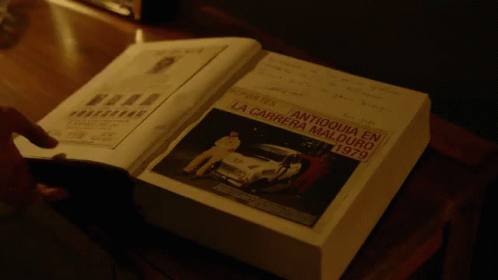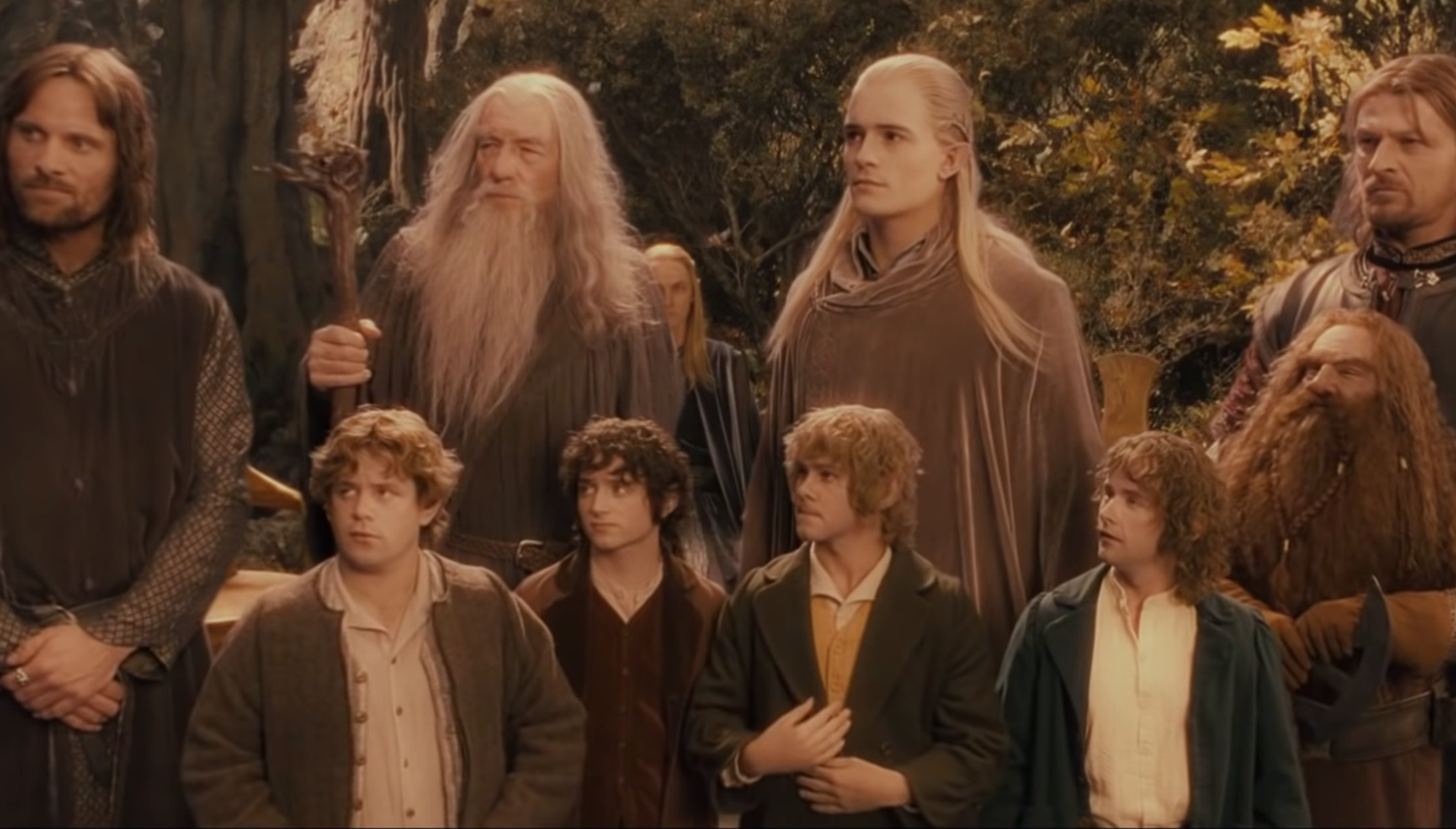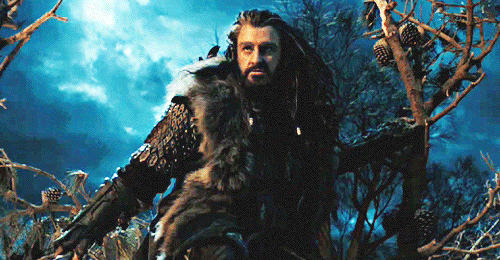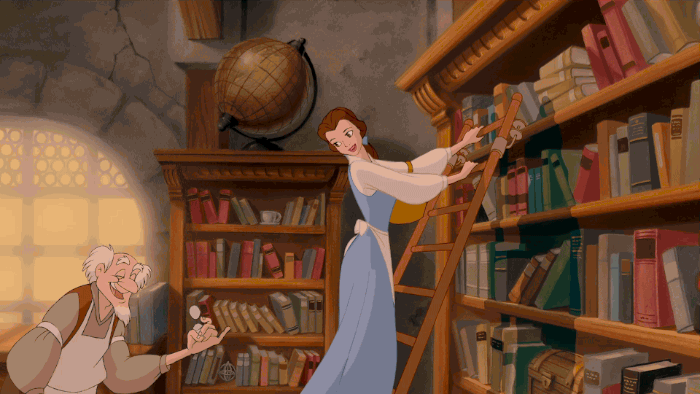I don't know if I've made this obvious on this blog yet, but I love anthologies. I love full-length novels, but there's also a special place in my heart for short story collections. So, I've decided to spread the love and discuss some of my favorite collections.


Wastelands and Wastelands 2 Edited by John Joseph Adams
Genre: Post-apocalyptic & Science Fiction
Synopsis (Goodreads): Famine, Death, War, and Pestilence - the Four Horsemen of the Apocalypse, the harbingers of Armageddon - these are our guides through the Wastelands.
From the Book of Revelation to The Road Warrior, from A Canticle for Leibowitz to The Road, storytellers have long imagined the end of the world, weaving eschatological tales of catastrophe, chaos, and calamity. In doing so, these visionary authors have addressed one of the most challenging and enduring themes of imaginative fiction: The nature of life in the aftermath of total societal collapse.
Gathering together the best post-apocalyptic literature of the last two decades from many of today's most renowned authors of speculative fiction - including George R. R. Martin, Gene Wolfe, Orson Scott Card, Carol Emshwiller, Jonathan Lethem, Octavia E. Butler, and Stephen King - Wastelands explores the scientific, psychological, and philosophical questions of what it means to remain human in the wake of Armageddon. Whether the end of the world comes through nuclear war, ecological disaster, or cosmological cataclysm, these are tales of survivors, in some cases struggling to rebuild the society that was, in others, merely surviving, scrounging for food in depopulated ruins and defending themselves against monsters, mutants, and marauders.
Wastelands delves into this bleak landscape, uncovering the raw human emotion and heart-pounding thrills at the genre's core.

The Year's Best Dark Fantasy & Horror Edited by Paula Guran. This is an annual release which started in 2010 and continues to today.
Genre: Fantasy & Horror
Synopsis (Goodreads): The supernatural, the surreal, and the all-too real . . . tales of the dark. Such stories have always fascinated us, and modern authors carry on the disquieting traditions of the past while inventing imaginative new ways to unsettle us. Chosen from a wide variety of venues, these stories are as eclectic and varied as shadows. This volume of 2018's best dark fantasy and horror offers more than five hundred pages of tales from some of today's finest writers of the fantastique--sure to delight as well as disturb.

Am I Blue?: Coming Out of the Silence Edited by Marion Dane Bauer
Genre: LGBT, Young Adult
Synopsis (Goodreads): Each of these stories is original, each is by a noted author for young adults, and each honestly portrays its subject and theme--growing up gay or lesbian, or with gay or lesbian parents or friends.

Places I Never Meant to Be: Original Stories by Censored Writers Edited by Judy Blume
Genre: Fiction
Synopsis (Goodreads): "What effect does [the climate of censorship] have on a writer?....It's chilling.
It's easy to become discouraged, to second-guess everything you write. There seemed to be no one to stand up to the censors....so I began to speak out about my experiences. And once I did, I found that I wasn't as alone as I'd thought."
-- from Judy Blume's introduction to Places I Never Meant to Be
Judy Blume is not alone: Many of today's most distinguished authors of books for young people have found their work censored or challenged. Eleven of them have contributed original stories to this collection. Along with a story written by the late Norma Klein when she was a student at Barnard College, they comprise a stunning literary achievement as well as a battle cry against censorship.

Firebirds: An Anthology of Original Fantasy and Science Fiction Edited by Sharyn November
Genre: Fantasy & Science Fiction
Synopsis (Goodreads): Firebirds is more than simply an anthology -- it is a celebration of wonderful writing. It gathers together sixteen original stories by some of today's finest writers of fantasy and science fiction. Together, they have won virtually every major prize -- from the National Book Award to the World Fantasy Award to the Newbery Medal -- and have made best-seller lists worldwide. These authors, including Lloyd Alexander (The Chronicles of Prydain), Diana Wynne Jones (The Merlin Conspiracy), Garth Nix (The Abhorsen Trilogy), Patricia A. McKillip (Ombria in Shadow), Meredith Ann Pierce (The Darkangel Trilogy), and Nancy Farmer (The House of the Scorpion), each with his or her own inimitable style, tell stories that will entertain, provoke, startle, amuse, and resonate long after the last page has been turned.The writers featured in Firebirds all share a connection to Firebird Books, an imprint that is dedicated to publishing the best fantasy and science fiction for teenage and adult readers.

Toil and Trouble Edited By Tess Sharpe & Jessica Spotswood
Genre: Fantasy & Paranormal
Synopsis (Goodreads): Are you a good witch or a bad witch?
Glinda the Good Witch. Elphaba the Wicked Witch. Willow. Sabrina. Gemma Doyle. The Mayfair Witches. Ursula the Sea Witch. Morgan le Fey. The three weird sisters from Macbeth.
History tells us women accused of witchcraft were often outsiders: educated, independent, unmarried, unwilling to fall in line with traditional societal expectations.
Bold. Powerful. Rebellious.
A bruja’s traditional love spell has unexpected results. A witch’s healing hands begin to take life instead of giving it when she ignores her attraction to a fellow witch. In a terrifying future, women are captured by a cabal of men crying witchcraft and the one true witch among them must fight to free them all. In a desolate past, three orphaned sisters prophesize for a murderous king. Somewhere in the present, a teen girl just wants to kiss a boy without causing a hurricane.
From good witches to bad witches, to witches who are a bit of both, this is an anthology of diverse witchy tales from a collection of diverse, feminist authors. The collective strength of women working together—magically or mundanely--has long frightened society, to the point that women’s rights are challenged, legislated against, and denied all over the world. Toil & Trouble delves deep into the truly diverse mythology of witchcraft from many cultures and feminist points of view, to create modern and unique tales of witchery that have yet to be explored.

Geektastic: Stories from the Nerd Herd Edited by Holly Black & Cecil Castellucci
Genre: Fiction, Young Adult
Synopsis (Goodreads): Acclaimed authors Holly Black (Ironside) and Cecil Castellucci (Boy Proof) have united in geekdom to edit short stories from some of the best selling and most promising geeks in young adult literature: M.T. Anderson, Libba Bray, Cassandra Clare, John Green, Tracy Lynn, Cynthia and Greg Leitich Smith, David Levithan, Kelly Link, Barry Lyga, Wendy Mass, Garth Nix, Scott Westerfield, Lisa Yee, and Sara Zarr.
With illustrated interstitials from comic book artists Hope Larson and Bryan Lee
O'Malley, Geektastic covers all things geeky, from Klingons and Jedi Knights to fan fiction, theater geeks, and cosplayers. Whether you're a former, current, or future geek, or if you just want to get in touch with your inner geek, Geektastic will help you get your geek on!
Those are just a handful of anthologies that I love. Do you have any favorites? What's your opinion on anthologies?
Follow Me Elsewhere: Facebook \ Twitter \ Goodreads \ Instagram
















